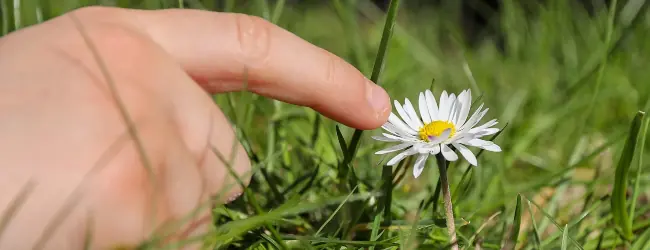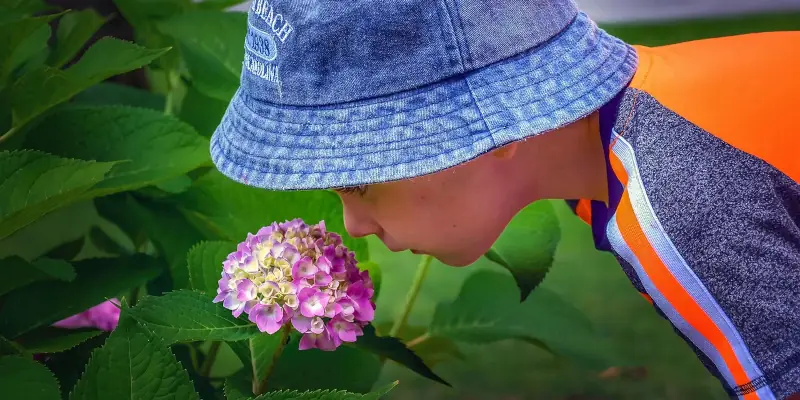Recently, I have talked about curiosity. Let’s wrap up this topic today.
How to stimulate our curiosity
Sometimes, we want to stimulate our curiosity. It allows us to enjoy learning new things and improve our lives.
Curiosity breaks down difficult things into moderately effortless parts. That prevents us from feeling the frustrations of failure and hardships. If we follow curiosity, it will feel like we enjoy ourselves and have grown unconsciously while acquiring skills.
Although it is difficult to predict how the future unfolds, it gives us improvement without stagnation.
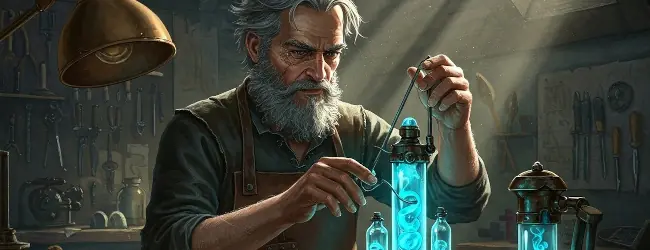
That is why we want to awaken our curiosity.
However, we sometimes don’t know how to make it happen.
Today, I will summarize how to find our curiosity. This big picture might give you enjoyable growth and improvement in your life.
Steps to identify our curiosity
Curiosity is deeply connected to logical thinking. In other words, if we are rational, we naturally become curious.
Let’s look at the specific steps to find a curious point below.
- Pick one of your current desires or issues.
- Assume the issue is one part of your balance. Your balance consists of three or four parts. Try to identify other elements casually. For example, if you choose ‘money’ at step 1, your balance might be the set of money, freedom, and health.
- Find a disturbance in balance with those elements. There is either an underestimating element or an overestimating one.
- To achieve balance, identify the elements for reducing weight and those for increasing it. You will find the other elements that are different from the one in step 1. They are where your curiosity comes into play. It will improve your issue directly.
- (Optional) If you want to balance it more strategically, break down the curious point into three or four parts. Then, adjust the distribution like steps 3 and 4. It indicates a more specific, interesting area.

When you think in such a rational way, curiosity naturally arises.
Examples
Let’s see examples.
If you have a money problem, choose ‘money’ in step 1.
In step 2, you see it as one part of a larger picture. In other words, you view your issue from a higher level.
Then, think about what other essences there are. I like dividing it into three parts. For example, it might be a set of money, freedom, and health. It could be a set of money, skills, and creations. It can also be a set of money, consumables, and tools. Divide them as you like.

In step 3, find out which balance is off. You might realize that you are overly focused on money and underestimating freedom. In this case, freedom is the point where you can be curious.
In step 4, consider how to adjust those elements. You might try to increase your focus on freedom and decrease it on money.
You will notice that even a slight modification improves your satisfaction dramatically. That is why you can be curious at this point. In other words, the direction is correct, so small mistakes or failures don’t bother you anymore.
An example of a creation problem
Let’s look at another example.
If you are unsatisfied with your creative activities, you might find a balance of creation, job, and daily life in steps 1 and 2.
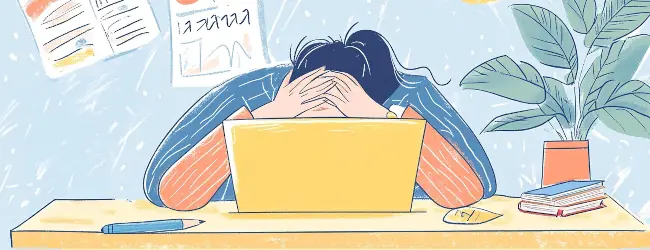
In step 3, you might realize that your creating time is too short and your job is overestimated. In this case, focusing on your job will stimulate your interest.
In step 4, think of how to adjust your job and creation. You might try to reduce your job. That improves your total satisfaction, even if it is small in the beginning.
The area where our curiosity lies
These examples show us that our curiosity lies in a different area from the problem. For example, focusing on freedom can solve the issue of money. Our jobs can affect our creative activities.
In other words, the area of the problem is often different from the area of the solution.
That is why the more we focus on the problem, the more we lose curiosity.
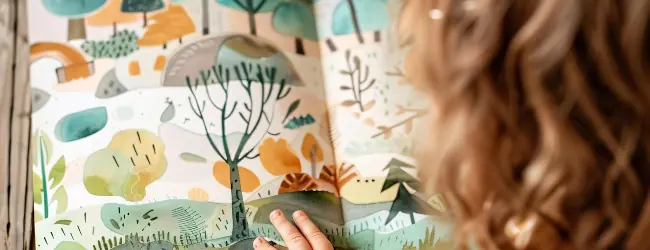
Curiosity solves the root cause directly. It modifies your balance from the upper level.
It is more rational than solving the problem. The higher perspective shows us more fundamental issues.
That is why curiosity naturally improves our lives. It is more efficient than any other problem-solving method. Although we sometimes suspect that ignoring our problems and pursuing curiosity may create negative effects, it is the best way to improve our lives from the perspective of rationality.
Conclusion
That is how to find our curiosity.
Curiosity is deeply connected to logical thinking. In other words, if we are rational, we naturally become curious.
This big picture might give you enjoyable growth and improvement in your life.
Thank you for reading this article. I hope to see you in the next one.
